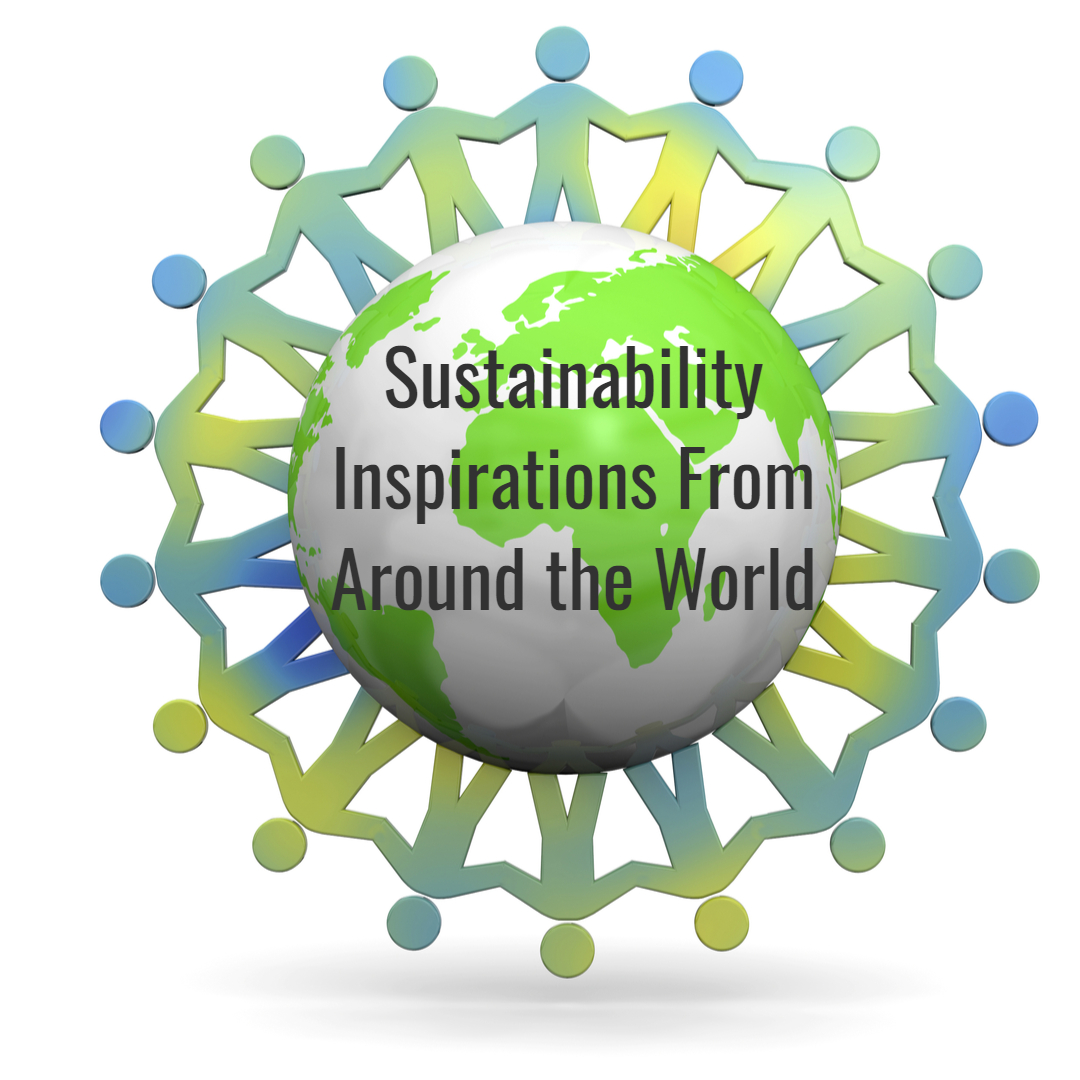Different regions of the world are dealing with different environmental challenges in different ways. What is a regular sighting in some parts of the world may be seen as unusual and innovative in others.
Advertisement
Here are 15 of our favorite sustainable initiatives and eco-friendly solutions from around the world. These include both wider options available to millions of people and small ideas of growing organizations or local governments. Either way, all these are ideas bound to get you inspired to make changes towards sustainable living and eco-friendly business practices. Rather than latest innovations costing thousands of dollars, we’ve decided to include easy solutions that could be adapted anywhere, without a large budget.
- In-store bottle recycling
In various countries of Europe, including Germany, Czechia or Croatia, glass (and increasingly also plastic) bottles are returnable to all stores and supermarkets. The price of the full bottle includes a small charge (usually around 10 cents) for the bottle, which is paid back to you if you return it to a store. Glass bottles are refilled while plastic ones are sent for recycling.
2. Supermarket bulk bins
Advertisement
There’s no need to go to the bulk store. While in the US and much of western Europe, you’d usually have to do your zero waste shopping at a specific store, in some Eastern European and Balkan countries, you can find bulk bins with lentils, nuts and other dry foods at the supermarket.
3. Plastic-free herbs
The British supermarket ASDA offers completely plastic-free growing herbs – just with some soil, in a paper wrapping. The idea is that you take these home and transfer them to a mason jar – and you could regrow them too.
4. Self-service egg stalls
People with chickens that produce more eggs than the family can eat put the extra eggs in small boxes in front of their house. You pay in another smaller box for change – or some people even let you PayPal them the money (recently spotted this idea in Wales, UK)!
5. Food to go in re-used food packaging
How could food packaging from the supermarket be given a second life? Some cafés or restaurants accept boxes from ice cream, butter or ready meals and reuse them as takeaway packaging!
6. Airport water fountains
Have you ever been stuck in an airport and had to buy water packaged in plastic, because there were no water fountains in sight and the bathrooms only had warm water? Not at Prague airport – there are water fountains at every corner.
7. Meat, cheeses or salads over the counter
In some Europen countries, it is common for meat, dairy products or mixed salads and spreads to be sold at a counter and packaged only once you order them – which means you can also request them to be put in your own container or beeswrap, without any single-use packaging. The same could certainly be done with plant-based alternatives too!
8. Rent a Christmas tree
You’ll now find rental Christmas tree schemes in various countries across the world – either as initiatives of existing businesses or separate ventures. Great way to reduce your impact!
9. Community gardens
The numbers of community gardens in cities, where people wouldn’t have access to composting or fresh produce, are growing. In Germany or Austria, where sustainability always seems to be coming a little quicker than in the rest of Western Europe, they’re quite common to come by!
10. Bike rentals
Biking is a great way to reduce your impact – and several cities have launched bike rental schemes to encourage this. While in London, Santander Bikes (nicknamed Boris Bikes), weren’t as successful as they were expected to be due to London’s busy traffic, other cities such as Amsterdam have a long biking history.
11. Rooftop gardens
An easy way to green-ify the cities of the world are rooftop gardens. From large rooftop farms in Hong Kong or New York City to small private herb gardens with a bird feeder – they provide some much-needed green outdoor space that’s so often lacking in urban areas.
12. Green city tours
In Berlin, Germany, tourists can take a green tour of the city explaining the country’s sustainability initiatives and eco-friendly solutions. This can be a wonderful way to combine tourism with sustainability and promote green living at the same time! Especially in a country like Germany, which has a lot to say about its sustainability actions.
13. Package free school cafeteria snacks and lunches
In an effort to lower the amount of waste and food packaging, some schools – often in Eastern and Central Europe – offer completely packaging free snacks, drinks and lunches in the cafeteria through the day to eliminate the need for children to bring in packaged foods and drinks in plastic bottles.
14. Ban on fishing in protected areas
In Kuruwitu, Kenya, local fishers and elders saw the environmental damage being done by increasingly intensive fishing practices – and formed the first local initiative in Kenya to ban fishing in its local area.
The ban has had tremendously positive effects on wildlife and only proves that small, local initiatives can make a big difference.
15. Low-impact websites
Websites are an integral part of many businesses – but very rarely do we think of their environmental impact. Transferring data costs electricity and produce greenhouse gas emissions if that electricity does not come from renewable sources.
A website with less data (e.g. smaller images, compressed data and no video) loads without requiring as much electricity and therefore has a lower impact. A good example of this is the slow fashion brand Organic Basics, which recently reduced the impact of its website by 70%.
Share this article with your favorite businesses or your local government to inspire them to adopt some of these changes. If you’re a business owner, part of an organization or even an active member of your local community, we’d love to see your business give these initiatives a try!
Advertisement
















